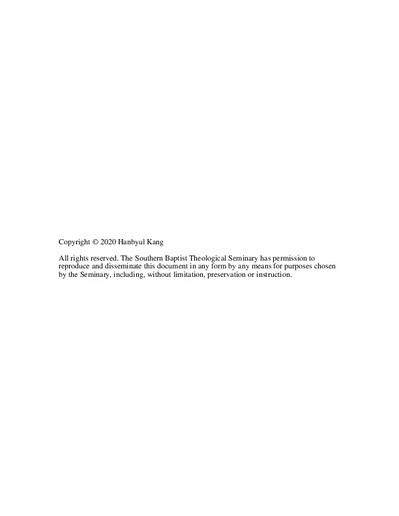| dc.description.abstract | The dissertation analyzes the existence of the three nuances of the perfect tense occurring in the Greek New Testament: resultative-stative, anterior (current relevance), and simple past. Chapter 1 introduces an introduction, thesis and methodology of this project, with briefly introducing verbal aspect debate and the historical development of the Greek perfect. Chapter 2 presents and evaluates the main scholarly approaches of scholars to the Greek perfect (including temporality, aspect, and any other issues) with accompanying evaluations. As many of the arguments are found wanting, this section argues for a diachronic approach as the best way to comprehend the Greek perfect.
Chapter 3 explores the first stage of the development of the Greek perfect from Homer. The ancient Greek perfect expresses a resultative-stative nuance, with intransitivity dominant. Some of these archaic perfects survived up the Koine period and appear in the Greek New Testament.
Chapter 4 discusses the transition from the resultative to the anterior, with increasing transitivity of the perfect in Classical Greek. Based on this understanding, it investigates the anterior (current relevance) perfects in the Greek New Testament, as well as select examples from Classical Greek literature and the Septuagint.
Chapter 5 addresses the bewildering issues of the so-called aorist perfect through the lens of the semantic change of the perfect during the Koine period from anterior to simple past. The Greek perfect merged with the aorist, ending up in decay. It disappeared until the Modern Greek development of a perfect formation using the auxiliary ἔχω. | en_US |

